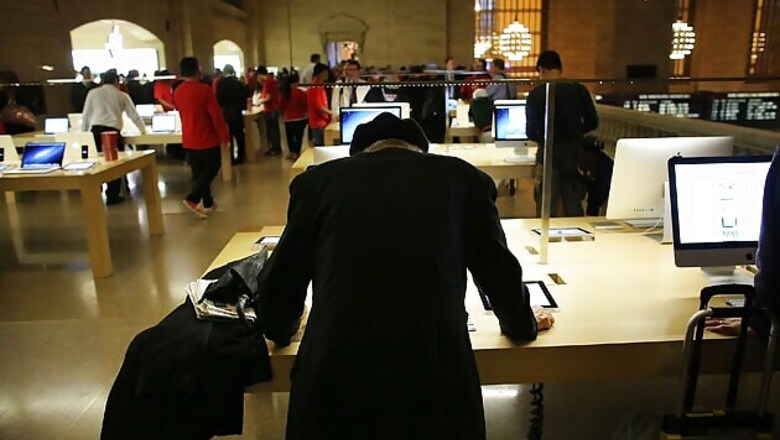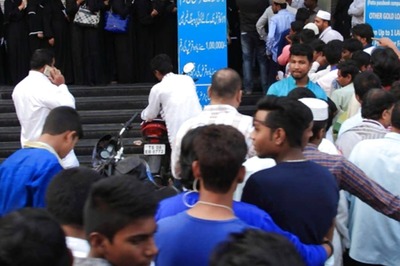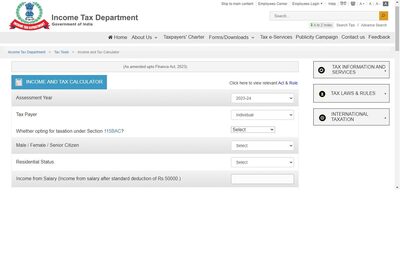
views
San Francisco: Apple, known for aggressively protecting its iPads and iPhones from copycats, is doing the same for the interior design of its stores. The US Patent and Trademark Office granted Apple's request last week for trademarks on the minimalist design and layout of its retail outlets, the office's records show.
The description of the trademarks includes "a clear glass storefront surrounded by a paneled facade" and, within the store, an "oblong table with stools...set below video screens flush mounted on the back wall."
Last year, a fake Apple store in Kunming, China featuring the white Apple logo and wooden tables drew widespread attention after a blogger wrote about visiting it. The store looked so authentic, even the upbeat salespeople thought they were working for Apple. Chinese authorities quickly ordered the store to close, as well as more than 20 others that were selling Apple products, but were not authorised to do so.
Apple declined to comment Tuesday on the trademark approval.
The stores' design was of great interest to the company's former CEO, the late Steve Jobs. In 2003, Apple was granted a design patent on the floating glass staircases featured in many Apple stores. Jobs himself is listed as an inventor on the patent, according to the Patent and Trademark Office.
The company had originally filed its request for trademark protection on the interiors of the retail stores in May 2010, according to the government agency records. It was approved on January 22.
Claiming this type of trademark right, known as trade dress, on interior designs has precedent, said Christopher Sprigman, a University of Virginia law professor and the co-author of the book The Knockoff Economy. In 1992, the US Supreme Court allowed a chain of fast-food Mexican restaurants to protect its design and decor.
To be successful in a trade dress claim, Apple would need to show that consumers confuse an allegedly infringing store design with its own.
"The million dollar question in this instance, as in pretty much all trade dress cases, is just how close a competitor can come to the design without infringing," Sprigman said.
Trademark rights do not extend outside the United States, but companies that file for domestic protection often also seek similar safeguards in other countries where they operate, Sprigman said.
Apple has about 250 retail stores in the United States, as well as stores in about a dozen countries.




















Comments
0 comment